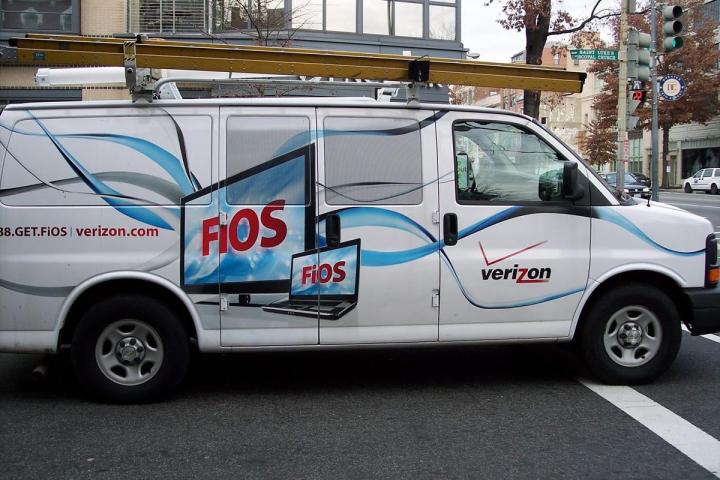
Such is the case with Verizon and its FiOS TV app. Users of the app on Xbox consoles and some smart TVs and Blu-Ray players suddenly found out that their days using the app were numbered, as Verizon is retiring it from those platforms at the end of the month, Ars Technica reports.
“On March 31, 2016, the FiOS TV app you are using to watch your FiOS TV programming through a Smart TV or an Xbox gaming system will be retired and will no longer be available for use,” an email sent from Verizon to users of these apps read. “Sorry for the inconvenience.”
Verizon tried to soften the blow by offering an alternative, but it isn’t very likely to make affected users any happier. “But we have great news; you can watch your FiOS TV content using our FiOS Mobile app from your smartphone or tablet,” the email continues. “This app allows you to stream TV content in and out of your home and so much more.”
While the mobile app may be fine for those who were just using the TV or Xbox apps for the sheer novelty, it doesn’t replace one of the main use cases for either app. Now customers who were using the app on a second TV will need a second set-top box to replace functionality that is currently free.
Xbox 360 users might have seen this coming, since both AT&T U-verse and Comcast announced that support for the platform was ending, while ESPN will also soon be ending multi-screen support for the console. Xbox One owners will likely be more shocked, however, given both the relative newness of the console and its focus on serving as an entertainment hub.
This news comes on the heels of a proposal to replace standard cable and satellite set-top boxes with a more universal system that wouldn’t require customers to rent boxes from their providers. Companies including Verizon argued that this wasn’t necessary since they provide TV Everywhere apps for other platforms. At least for some platforms, in Verizon’s case, that’s about to be in the past tense.


